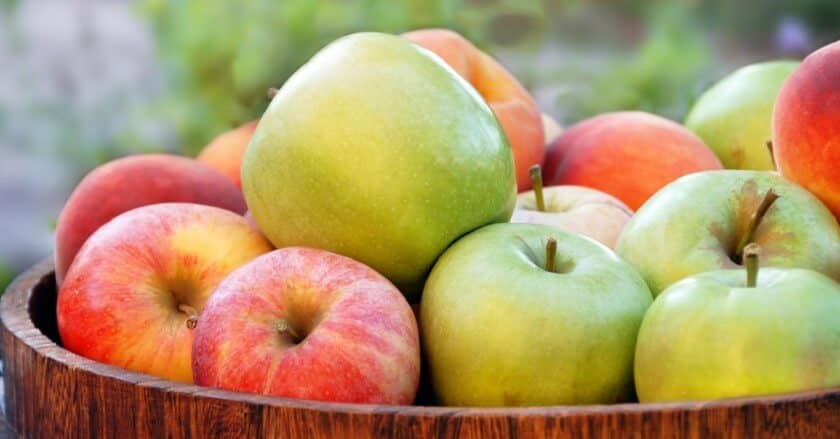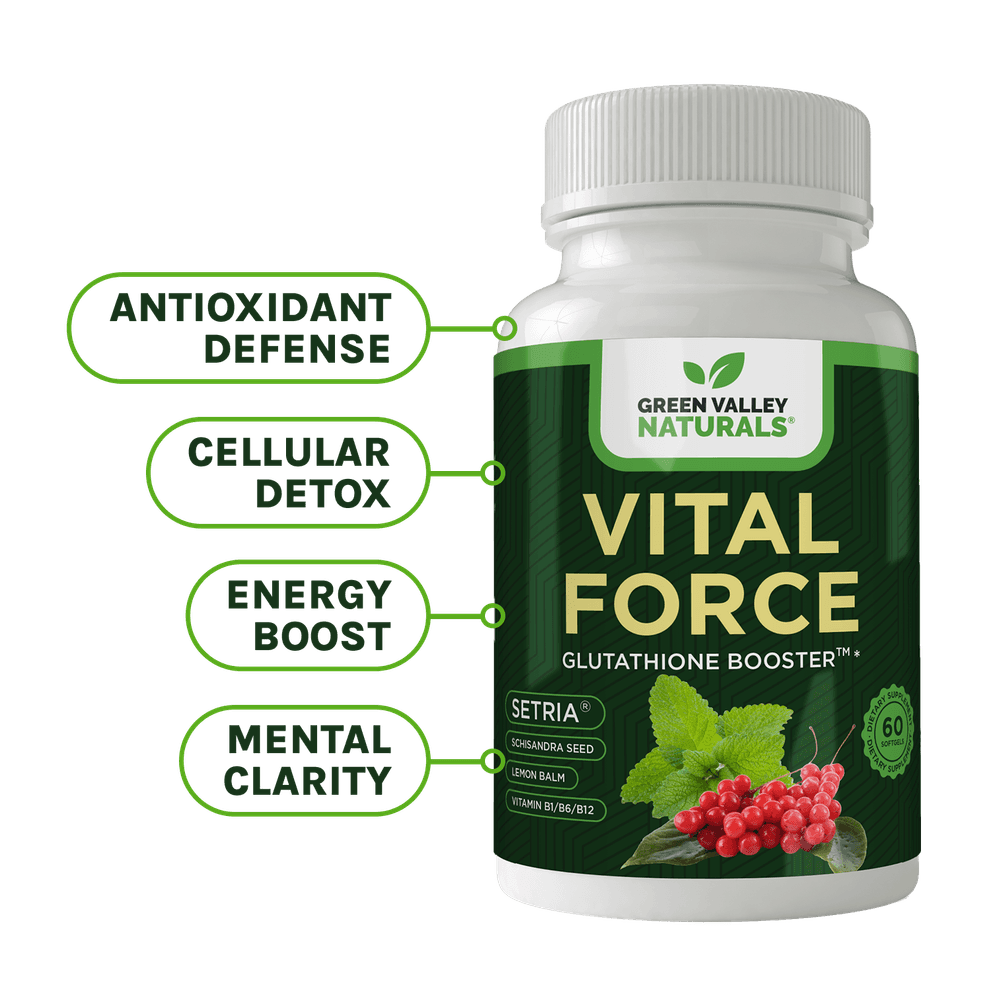
You’ve heard the saying, “An apple a day keeps the doctor away.” But is this old adage really true? It just might be. Let’s take a look at some new research into the health benefits of apples to separate fact from fiction.
Decades of research into the health benefits of apples have revealed some amazing insights. For example, eating apples can improve the function of your arteries, help your lungs work more effectively, reduce your risk of cancer and lower your chances of heart disease.
Apples For Heart Health
A study in Finland shows that the flavonoids – natural antioxidants – contained in apples can lower the risk of heart problems and dying from cardiovascular disease. Researchers analyzed 26 years of health data on about 5,000 Finns and found that consuming more flavonoids, particularly those in apples and onions, lowered the chance of dying from heart problems during the years of the study.1
Another study confirmed this finding. In this one researchers analyzed 23 years of health data collected on folks in Denmark. Their examination showed that flavonoids in apples and onions (as well as tea) can protect against heart disease. What’s more, the flavonoids also lowered the risk of cancer.2
"Flavonoids have been shown to be anti-inflammatory and improve blood vessel function, which may explain why they are associated with a lower risk of death from heart disease and cancer," says researcher Nicola Bondonno.
Your heart isn't the only organ that apples strengthen: Tests at Johns Hopkins show they can boost your breathing power, too.
Improves Lung Capacity
Researchers at Johns Hopkins studied former smokers over a period of ten years. They found apples helped keep their lung function from slipping as they aged, while those who didn’t consume apples suffered a drop in lung capacity. Interestingly, all fruit consumption seemed to help, but apples were standouts in their ability to protect and strengthen the lungs.3
According to researcher Vanessa Garcia-Larsen, apples (and possibly other fruits) "can slow down the lung's natural aging processes even if you have never smoked." She adds that everyone's lung capacity starts to slip to some degree starting around age 30.
Turns out, this is just the beginning of the health benefits of apples. For instance, when you think about eating certain foods to maintain your muscle strength, apples are probably the last food that comes to mind. Not anymore.
Apples Strengthen Muscles
Research at the Univerversity of Iowa connected a natural chemical in apple peels, ursolic acid, with stronger muscles as you age. It all has to do with a protein in the body called ATF4 that reduces the size and strength of our muscles as we advance in years.
"Many of us know from our own experiences that muscle weakness and atrophy are big problems as we become older," says researcher Christopher Adams, who teaches internal medicine at the University of Iowa. "These problems have a major impact on our quality of life and health."
In his lab, Dr. Adams discovered that ursolic acid turns off the genes that usually react to ATF4 and shrink muscle tissue in older people. The result: Tests on animals show that ursolic acid can increase muscle size by ten percent and boost muscle strength by 30 percent.
Dr. Adams found that tomatoes have another natural chemical called tomatadine that also helps support muscle growth and strength.4
It’s pretty darned remarkable that eating the right foods can have the same effect as lifting weights.
Supports a Healthy Weight
Early laboratory evidence suggests that apples can also help you lose weight. Researchers at Washington State University discovered that Granny Smith apples are particularly helpful. They contain prebiotic fiber that, in lab tests, shifts the balance of bacteria in the intestines to favor bacteria normally found in leaner animals and people.5
What’s more, the research suggests that apples feed friendly probiotic bacteria in the digestive tract to lower inflammation throughout the body. This is a big benefit in the fight against aging. As longtime readers of this newsletter know, inflammation ages your body.
One bit of advice, if you decide to up your apple consumption: make sure you eat the peels. Tests at Cornell show that apple peels contain many natural anti-cancer compounds.6 And the Cornell scientists note that the peels "may impart health benefits when consumed and should be regarded as a valuable source of antioxidants."7
The takeaway is clear: Eat at least one apple a day and you may not only keep your family doctor away, but also banish medical specialists like cardiologists, oncologists and pulmonologists while you enjoy a healthier, happier life.

